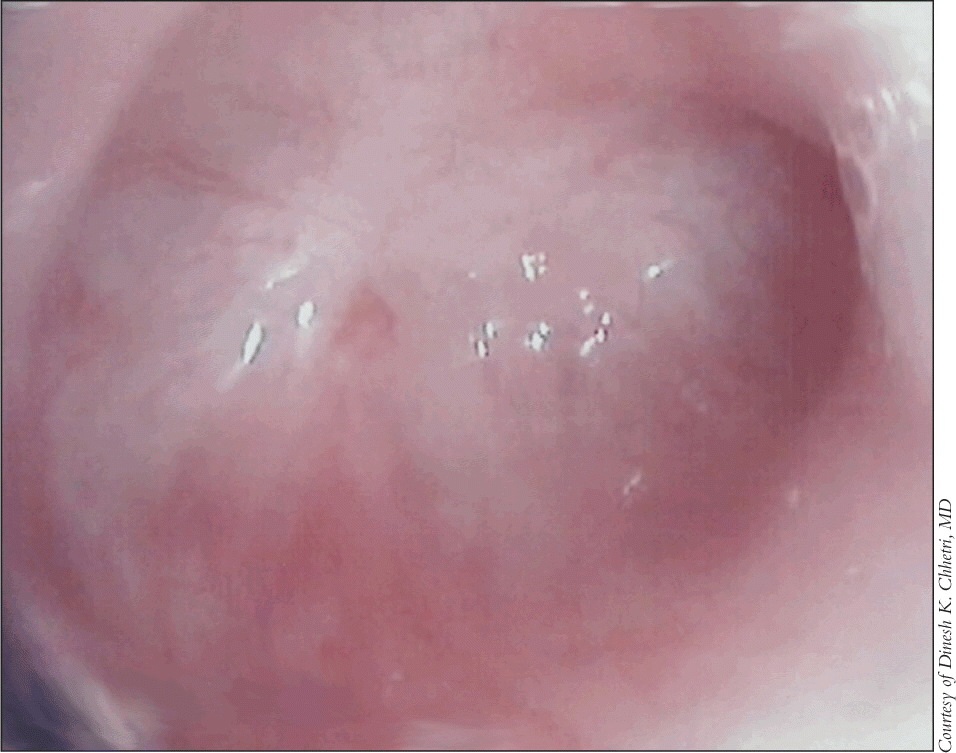Jeffrey Landis [not his real name], 74, had been complaining of swallowing problems for a couple of months. His wife urged him to go to the doctor, but he delayed a visit, thinking that his symptoms would resolve. But one day, during his afternoon duties as a reading tutor, he regurgitated a piece of sandwich he had eaten at lunch-and it was undigested. In addition to his embarrassment, Mr. Landis was alarmed, and called up his otolaryngologist’s office for a visit the next day.
Explore This Issue
April 2009Otolaryngologists-head and neck surgeons would most likely identify Mr. Landis’s symptoms as suspicious for esophageal diverticulum. How they would go about establishing a definitive diagnosis and planning treatment was a topic ENT Today explored recently with head and neck surgeons who see patients with esophageal diverticula in their practices.
Prevalence and Presentation
Zenker’s diverticulum (ZD) is the most common type of esophageal diverticula, and develops in the triangular space between the inferior pharyngeal constrictor muscle and the cricopharyngeus muscle. Although its etiology has not been definitively established, ZD appears to be caused by the discoordination between the two muscle groups. Increased pressure in the oropharynx during swallowing against a closed upper esophageal sphincter can cause the hypopharyngeal mucosa to pouch out and prolapse through the triangular space. Food gets diverted into and trapped inside the diverticular pouch instead of passing through the hypopharynx into the esophagus.1,2 (There are other inherent areas of weakness along the esophageal wall, where lateral or Killian-Jamieson diverticula can also occur.)
ZD occurs most often in men in their 70s and 80s, although cases in patients in their 50s are not uncommon. Gregory Postma, MD, Director of the Center for Voice and Swallowing Disorders at the Medical College of Georgia in Augusta, has performed surgical repair on patients as young as 35 years old. The prevalence in the general population, according to a 1996 study, is between 0.01% and 0.11%.3
The true incidence of ZD is difficult to determine, however, as some people with esophageal diverticula are asymptomatic. The classic symptoms are dysphagia and regurgitation. Sometimes there is a bubbling sound coming from the pouch during eating. As the pouch grows bigger, more food gets trapped, Dr. Postma explained, and patients may lose weight due to malnutrition. These patients have trouble eating solids, and often their spouses will report that it takes them a long time to eat their meals, he said.

Leave a Reply